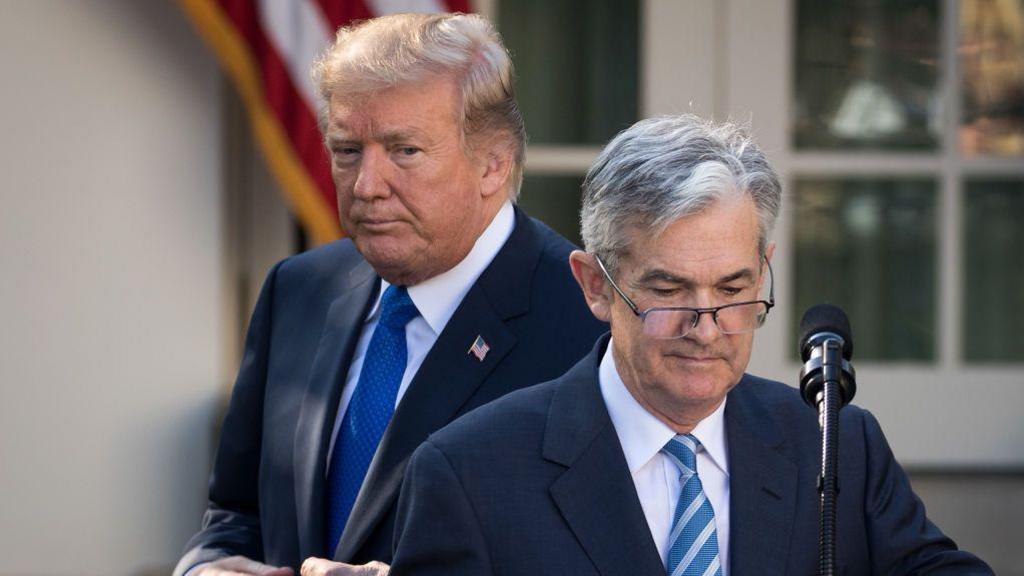
Stephen Roach, Senior Fellow, Yale University
Apr 28, 2025
Nearly five years ago, I warned that stagflation was only a broken supply chain away. A temporary outbreak did indeed occur in the immediate aftermath of the COVID-19 shock, as a surge in inflation coincided with an anemic recovery in global demand. But, like the pandemic, that economic disruption quickly subsided. Today, a more worrisome form of stagflation is in the offing, threatening severe and lasting consequences for the global economy and world financial markets.

Shang-Jin Wei, Professor, Finance and Economics at Columbia University
Apr 22, 2025
China has taken a tough stance against US President Donald Trump, matching the last two rounds of US tariffs with tariffs of its own. The US tariff on goods from China is now 145%, while China’s is 125%. Why does China take such a position, and are there any off-ramps that would allow it to mitigate the costs of a prolonged trade war?
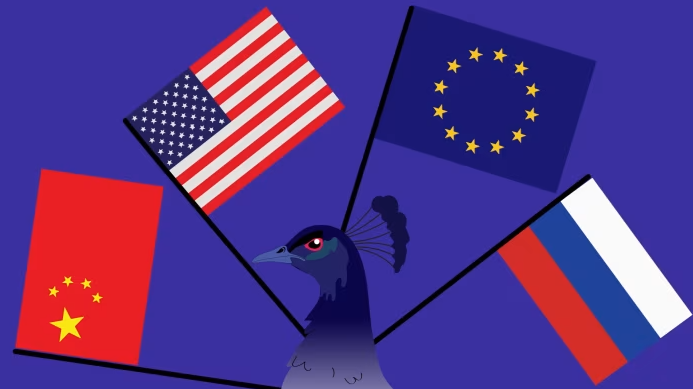
Brian Wong, Assistant Professor in Philosophy and Fellow at Centre on Contemporary China and the World, HKU and Rhodes Scholar
Apr 22, 2025
The early decades of the 21st Century have already seen a rapid shifting of global power, and today one could view the world’s relationships flowing through a four-way struggle for balance and dominance between the U.S., China, the EU, and Russia.
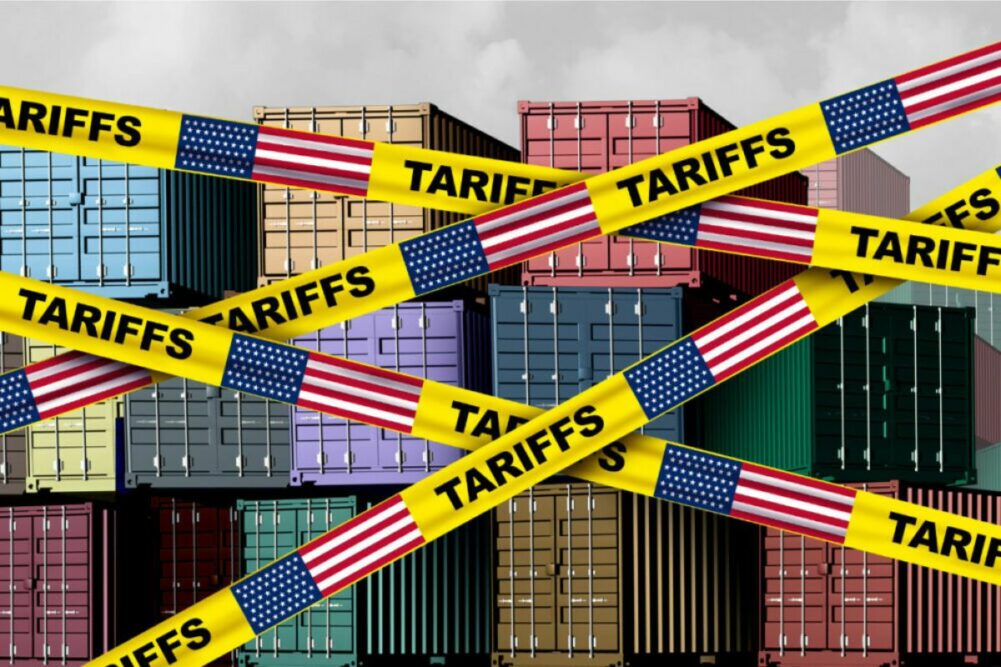
Lawrence Lau, Ralph and Claire Landau Professor of Economics, CUHK
Apr 18, 2025
An estimate of the impact of the tariff war between China and the U.S. on the Chinese GDP in 2025 is presented. The dependence of the Chinese economy on its exports and, in particular, on its exports to the U.S. has been declining significantly over time. At the current tariff rates, a total cessation of bilateral trade is a real possibility. Under the assumption, the reduction in the rate of growth of Chinese GDP may be estimated to be 1.2%, other things being equal. Even though the announced target rate of Chinese growth is around 5%, the weighted average of the target rates of growth of the provincial-level units is 5.26%, indicating room for further increase. In addition, China is expected to launch additional domestic economic stimulus measures in response to the new tariffs, which should result in an additional growth of 0.5%. For 2025 as a whole, a rate of growth of around 4.5% (5.26 – 1.2 + 0.5) may be predicted.
Xiao Bin, Deputy Secretary-general, Center for Shanghai Cooperation Organization Studies, Chinese Association of Social Sciences
Apr 18, 2025
China and Russia have different narratives in describing the anti-fascist victory that ended World War II. Both nations made immense sacrifices that fundamentally shaped postwar reconstruction and reshaped global governance. So why do they continue to grapple?
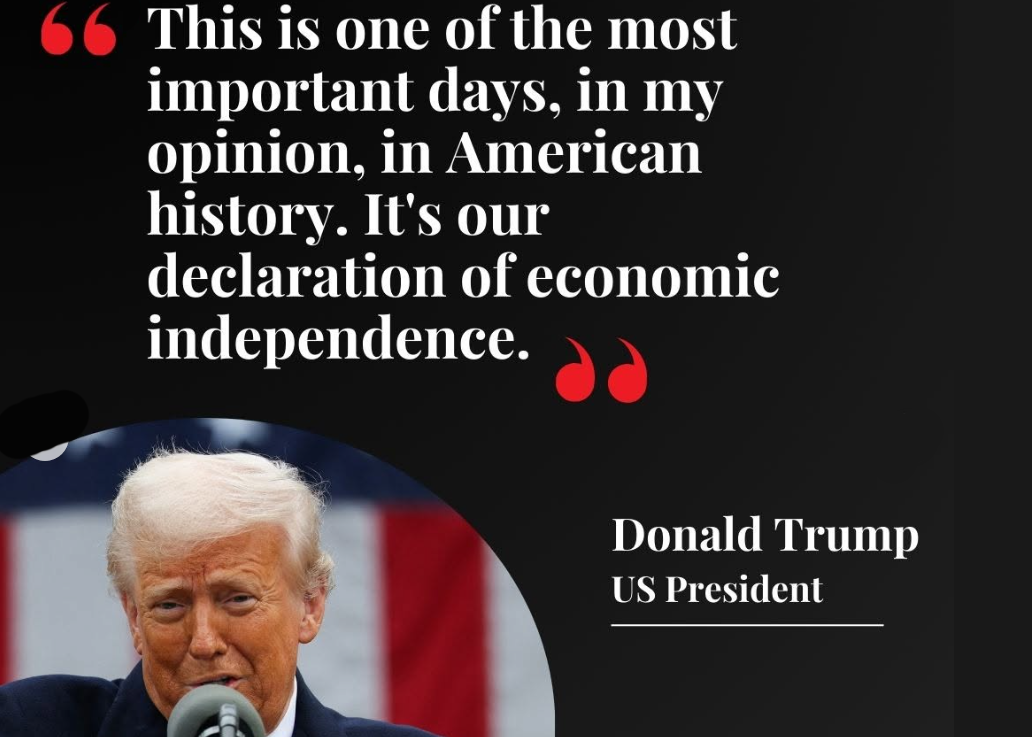
Wang Youming, Senior Research Fellow of BRICS Economic Think Tank, Tsinghua University
Apr 16, 2025
The effect on history of the last one — the Trump populist revolution — remains to be seen. What is certain, however, is that the Trump phenomenon, its support base and the logic of reform it represents, will not simply vanish.
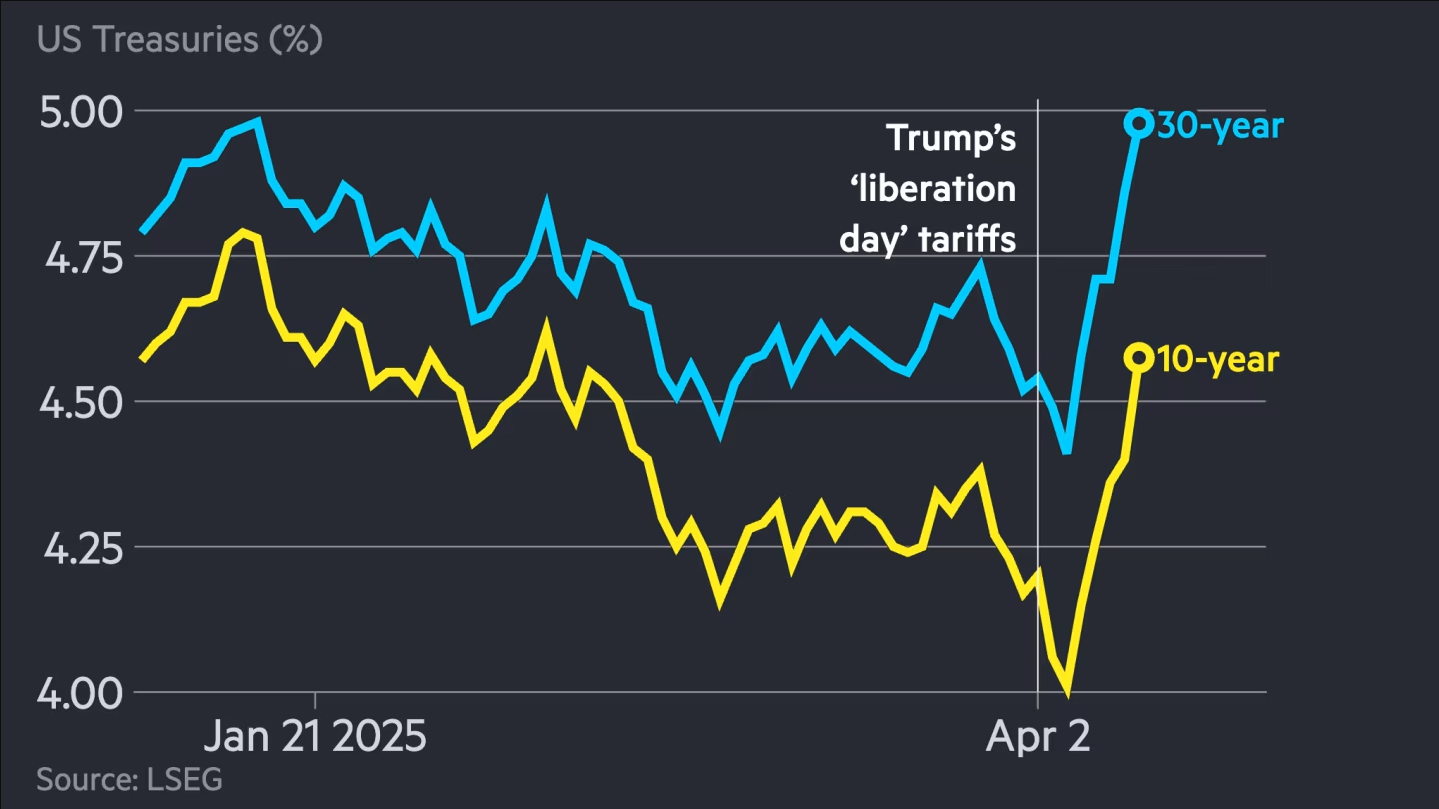
Christopher A. McNally, Professor of Political Economy, Chaminade University
Apr 15, 2025
Despite ongoing predictions of its decline, the U.S. dollar remains dominant—but rising debt, political instability, and market volatility are shaking investor confidence. If these trends persist, the world could shift toward a more fragmented and unstable multipolar monetary system.
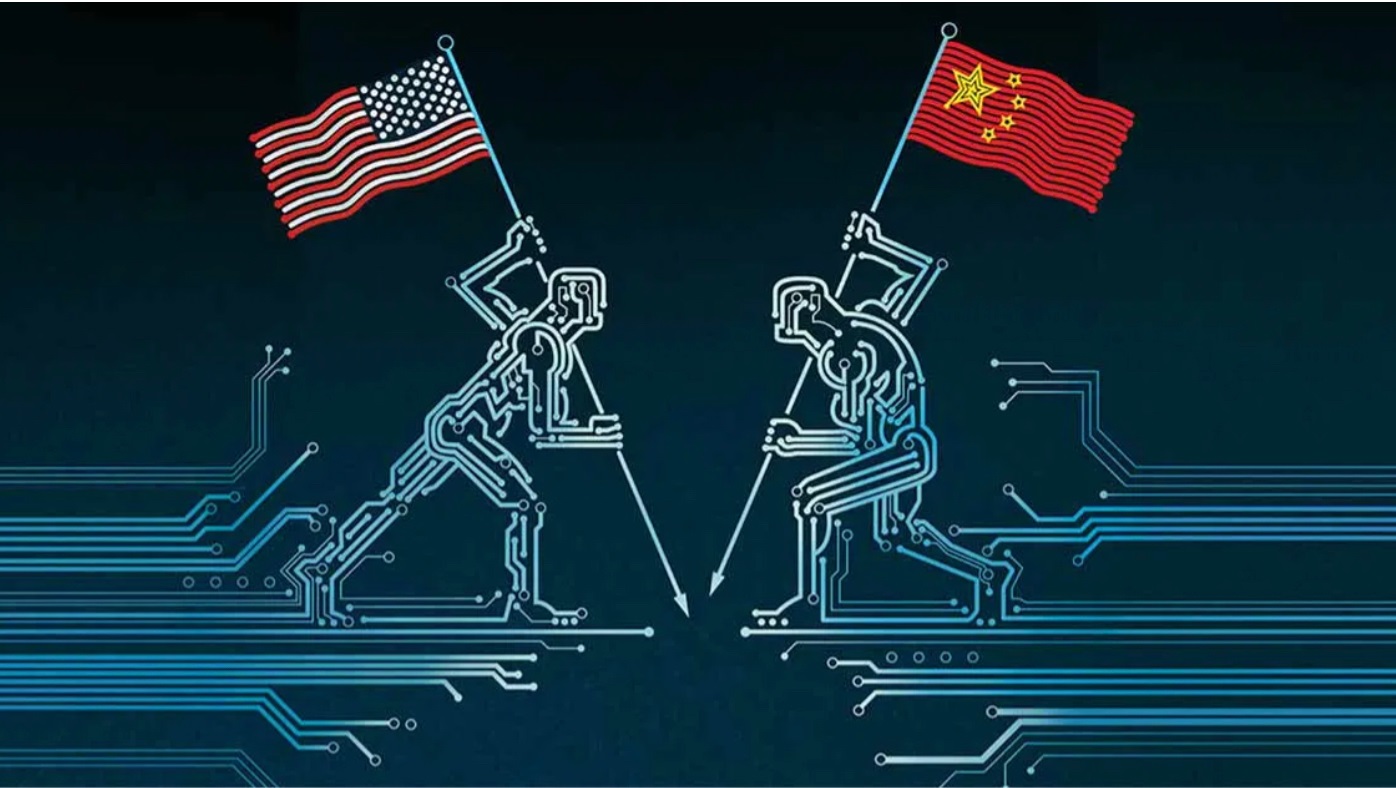
Xiao Qian, Deputy Director, Center for International Security and Strategy at Tsinghua University
Apr 14, 2025
Yes, they can. As the world’s two major powers in AI technology, the U.S. and China must work together to build capacity, contribute to AI for developing countries, bridge the digital divide and help achieve the United Nations Sustainable Development Goals.
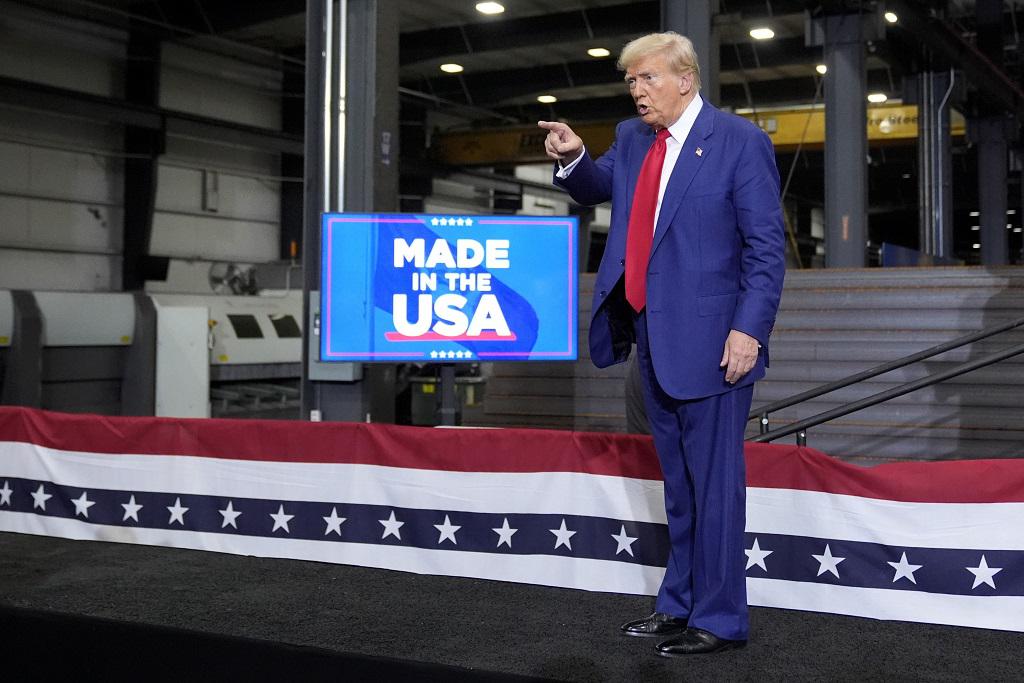
Wang Yuzhu, Research Fellow, Institute for World Economy Studies, SIIS
Apr 11, 2025
A broad vision is necessary if the United States wants to bring industry back home. The time has come for the it to reconcile its ambitions with on-the-ground realities. Washington should develop a sustainable strategy for managing relationships with other major powers, especially China.
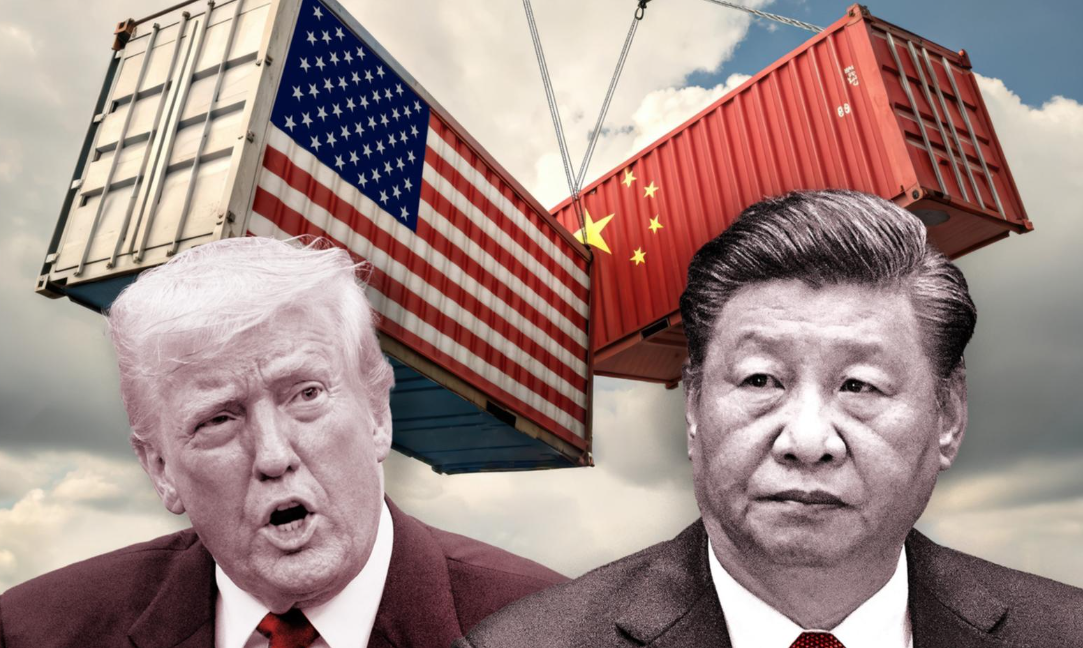
Shang-Jin Wei, Professor, Finance and Economics at Columbia University
Apr 10, 2025
U.S. President Trump has raised the tariff for Chinese imports to the U.S. to 125 per cent, while granting other countries a 90-day pause. (Photo: Artwork by Wi
Back to Top

- China-US Focus builds trust and understanding between the U.S. and China through open dialogue among thought leaders.
- Our Offerings
- Topics
- Videos
- Podcasts
- Columnists
- Research Reports
- Focus Digest
- Stay Connected
-
Thanks for signing up!
- Get the latest stories from China-US Focus weekly.